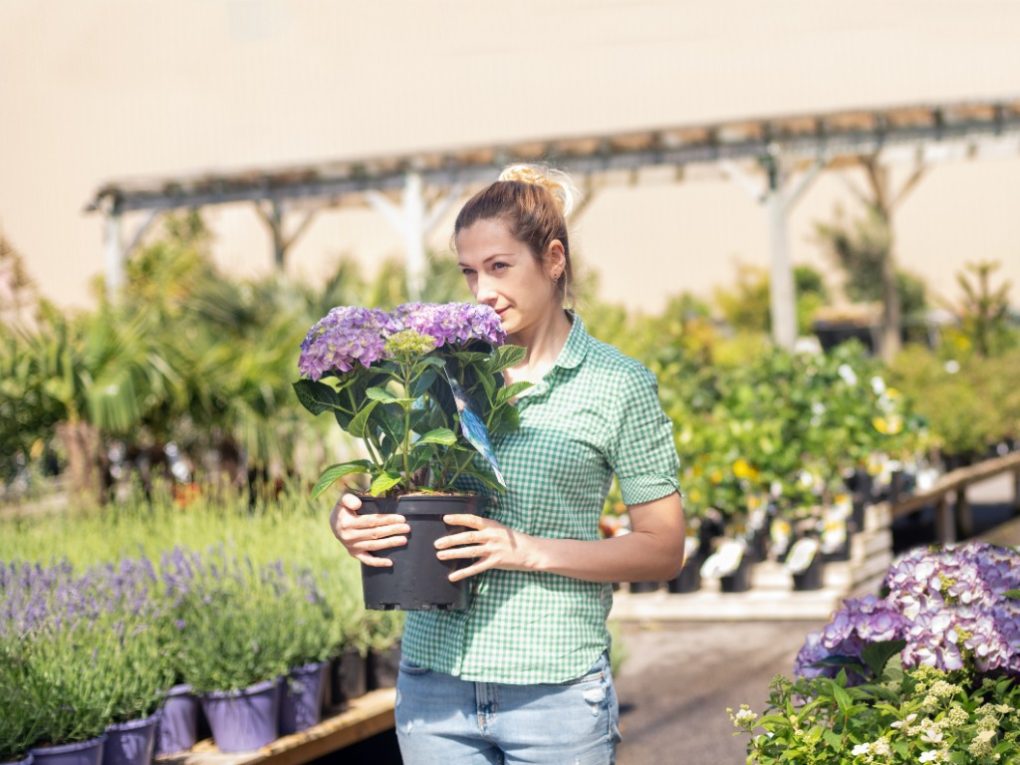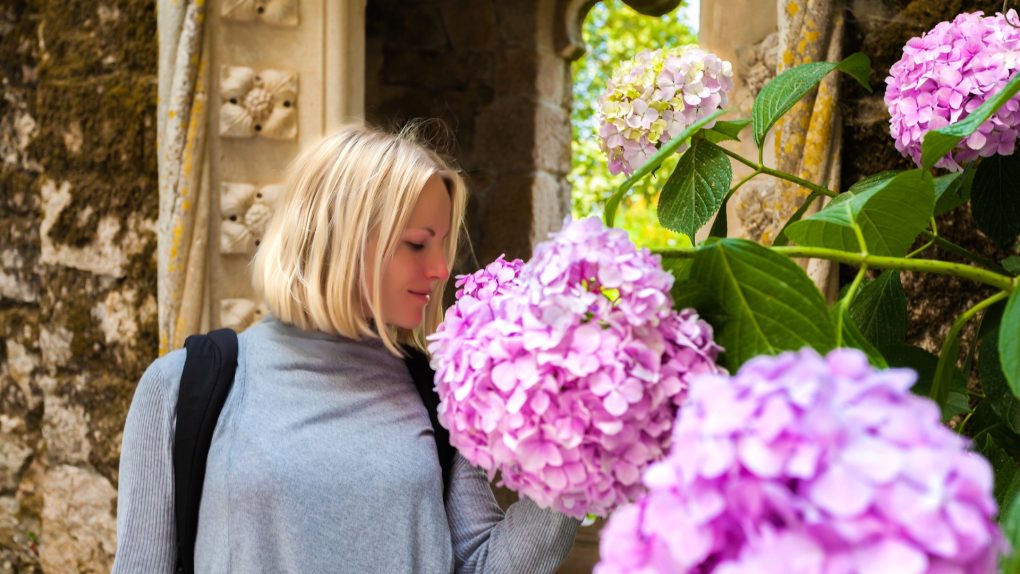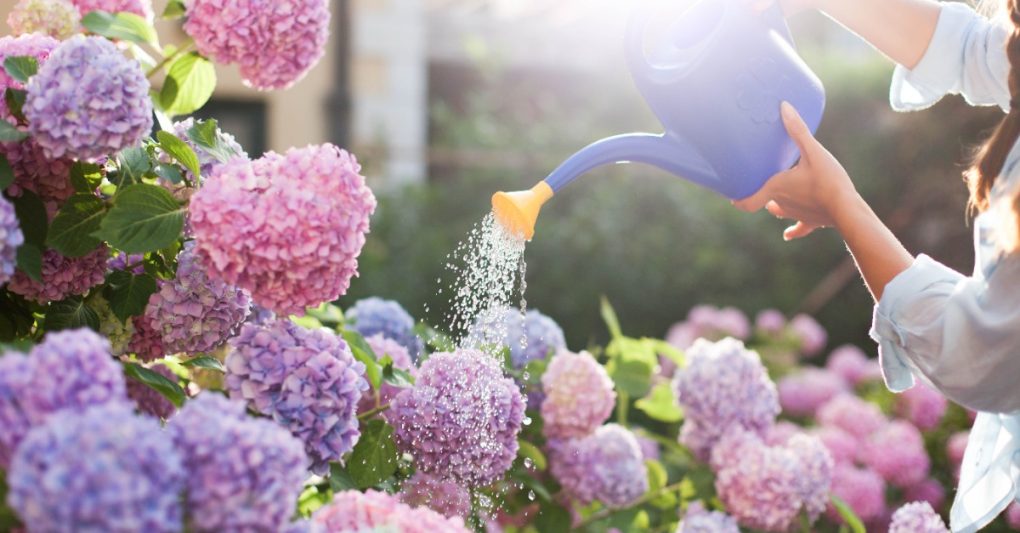Does Hydrangea Smell Good? A Comprehensive Guide to Its Fragrance
Hydrangeas are among the most popular flowering shrubs worldwide, known for their large, showy blooms in various colors. However, one question often arises whether hydrangeas have a pleasant scent. While some species of hydrangeas are known for their fragrant flowers, others have little to no scent.

Hydrangeas are generally known for their stunning colors and diverse shapes rather than their fragrance. Some varieties, like the Oakleaf and Panicle hydrangeas, emit a subtle, sweet scent that can please many people. However, other more popular species, like the Bigleaf and Smooth hydrangeas, typically have little to no fragrance.
Whether hydrangeas smell good or not depends on the specific variety. While some species are fragrant, many others do not possess a notable scent. Therefore, if you’re looking for striking floral beauty, hydrangeas are a perfect choice; but if a strong, pleasant fragrance is your priority, you might want to look at different plant options.
Table of Contents
Hydrangea Fragrance
Overview of Hydrangea Fragrance
Hydrangeas are known for their beautiful blooms, but not all hydrangeas are created equal in fragrance. Some hydrangea varieties have a sweet, lilac fragrance that is difficult to describe, while others are odorless. The fragrance of hydrangeas can be affected by various factors, including the variety, age of the plant, and growing conditions.
Hydrangea fragrance is most noticeable when the flowers are fresh off the bush. The fragrance may become less noticeable as the flowers age or even disappear entirely. Some hydrangea varieties have a stronger fragrance than others, so it is important to choose the right variety if fragrance is a priority.
Factors That Affect Hydrangea Fragrance
Several factors can affect the fragrance of hydrangeas:
- Variety: Some hydrangea varieties are more fragrant than others. For example, the lacecap variety smells sweet, while most hydrangea species are odorless. The most fragrant cultivar is the ‘Annabelle’ hydrangea.
- Age of the plant: The fragrance of hydrangeas may change as the plant ages. Younger plants may have a stronger fragrance than older plants.
- Growing conditions: The fragrance of hydrangeas can be affected by the growing conditions. Hydrangeas grown in full sun may have a stronger fragrance than those grown in shade. The soil pH can also affect the fragrance of hydrangeas. Acidic soil can enhance the fragrance, while alkaline soil can reduce it.
It is important to note that not all hydrangeas have a fragrance, and those that do can vary widely. Therefore, when choosing a hydrangea variety, it is important to consider the fragrance and other factors such as color and size.
Perception of Hydrangea Fragrance
Hydrangeas are known for their delicate, sweet fragrance that is often compared to the scent of jasmine flowers. However, not all hydrangeas have a strong fragrance, and some varieties have no scent. The intensity of the fragrance can also vary depending on the time of day, weather conditions, and the age of the flowers.
Interestingly, studies have shown that smelling hydrangeas can be calming and make people tired, due to certain chemicals in the flowers that have a soothing effect on the nervous system.

Opinions and Reviews
Opinions on the fragrance of hydrangeas are mixed. Some people find the scent pleasant and soothing, while others find it overpowering or unpleasant. The variety of hydrangea can also affect how people perceive the fragrance.
Online reviews of hydrangeas often mention the fragrance as a positive or negative aspect of the flower. For example, some people recommend planting hydrangeas near windows or outdoor seating areas to enjoy their fragrance, while others suggest avoiding certain varieties if you are sensitive to strong scents.
Overall, whether or not hydrangeas smell good is a matter of personal preference. Therefore, it is important to consider the variety and intensity of the fragrance before planting or using hydrangeas in arrangements.
Hydrangea Varieties with Good Fragrance
While not all hydrangea varieties have a strong scent, a few are known for their pleasant fragrance. Here are some of the most fragrant hydrangea varieties:
| Variety | Fragrance |
| Hydrangea paniculata | Strongly scented flowers in cone-shaped clusters average 8 inches long and 6 inches wide. The flowers start white, then turn pink. |
| Hydrangea macrophylla ‘Dooley’ | Sweet, fruity fragrance most noticeable in the evening. |
| Hydrangea macrophylla ‘Lanarth White’ | Sweet fragrance most noticeable in the morning. |
It’s important to note that everyone’s sense of smell is different, so what one person finds fragrant, another may not notice at all. So if you’re looking for a scented hydrangea, it’s best to visit a nursery or garden where you can do a sniff test to find a variety that appeals to you.
Additionally, it’s worth noting that the fragrance of hydrangeas can vary depending on the weather and growing conditions. Hydrangeas tend to have a stronger fragrance when grown in full sun and in well-draining soil.
Hydrangea Care Tips for Better Fragrance
Hydrangeas are known for their beautiful blooms and sweet fragrance. If you want to enhance the fragrance of your hydrangeas, here are some tips to follow:

| Tip | Description |
| Plant in the right location | Hydrangeas prefer partial shade and moist, well-drained soil. Choose a location that gets morning sun and afternoon shade. Avoid planting in hot, dry areas. |
| Water regularly | Hydrangeas need plenty of water to thrive. Water deeply once a week, or more often in hot, dry weather. Mulch around the base of the plant to help retain moisture. |
| Fertilize properly | Use a slow-release fertilizer high in phosphorus, promoting blooming. Apply in early spring and again in mid-summer. Avoid over-fertilizing, which can lead to weak stems and fewer blooms. |
| Prune at the right time | Prune hydrangeas after they finish blooming. If you prune in the fall or winter, you may remove next year’s flower buds. Only prune dead or damaged wood. |
